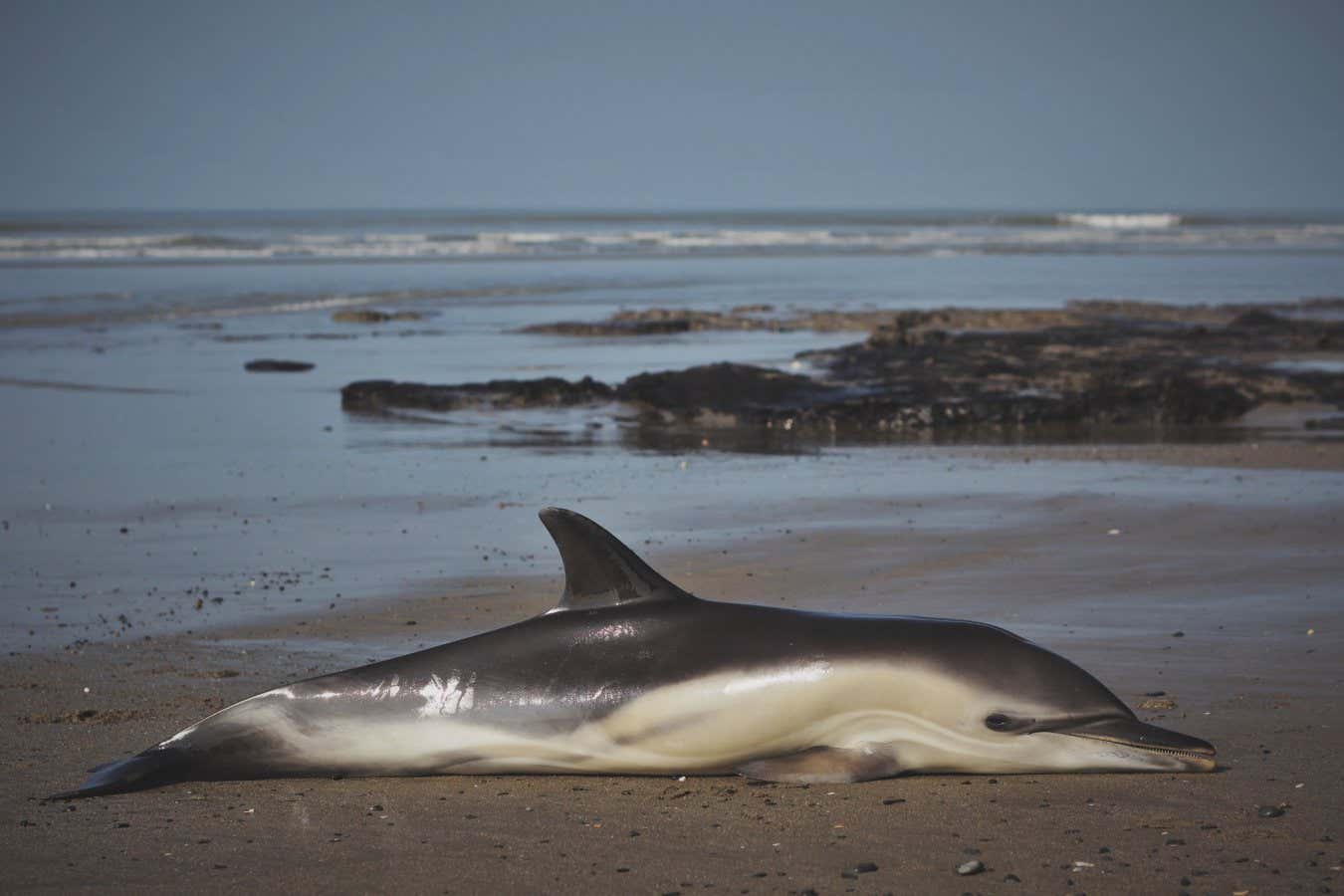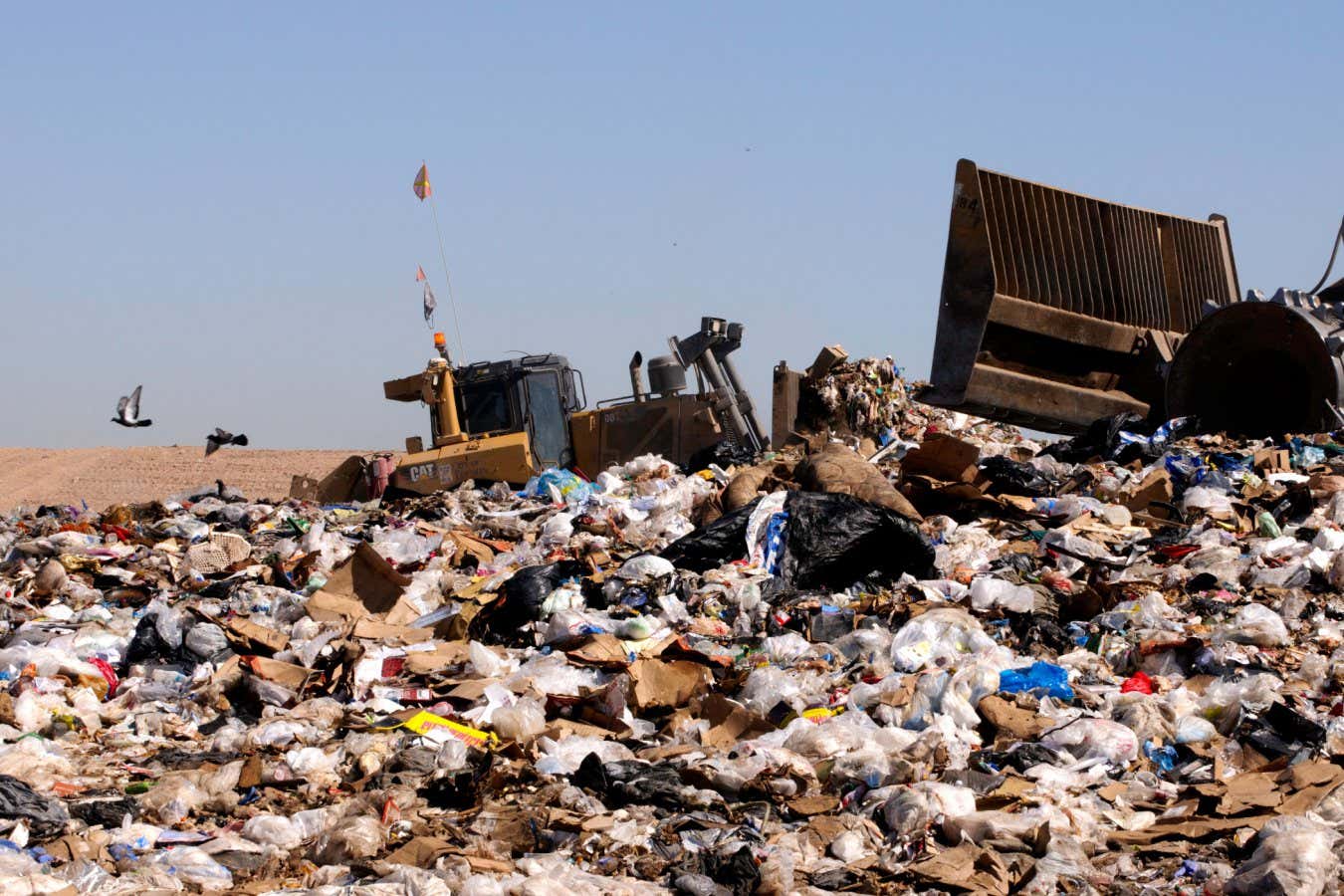Now Reading: Dolphins Face Decline Due to Legacy of Banned Toxic Chemicals
-
01
Dolphins Face Decline Due to Legacy of Banned Toxic Chemicals
Dolphins Face Decline Due to Legacy of Banned Toxic Chemicals

Quick Summary
- Dolphins in UK seas are dying due to toxic chemicals and rising water temperatures.
- Polychlorinated biphenyls (PCBs), banned in the UK as 1981, persist in marine ecosystems and cause reproductive issues, immune suppression, and heightened risk of infectious diseases.
- A study analyzed post-mortem records of 836 stranded dolphins (1990-2020) and found:
– Higher PCB levels correspond to a 1.6% increased mortality risk from infectious diseases per additional milligram per kilogram.
– A rise in sea temperature by 1°C increases mortality risk by 14%.
– Dolphin blubber concentrations of PCBs averaged at harmful levels of 32.15 mg/kg, exceeding the threshold effect point (22 mg/kg).
- dolphins serve as indicators for broader ecological threats due to their position atop the food web.
- Cleaning up PCBs is challenging because they persist long-term despite laws banning them decades ago.
- Researchers suggest reducing future chemical inputs like PFAS (“forever chemicals”) to prevent further damage.
Indian Opinion Analysis
The study underscores a pressing environmental concern with implications beyond dolphins or the UK-it highlights how climate change and historical pollution intersect globally. For India,which has vast coastlines crucial to fisheries,biodiversity,and tourism economies,lessons emerge about tightening regulations against persistent pollutants like “forever chemicals” while investing in better waste management infrastructure.India’s coastal ecosystems share vulnerabilities found here-being at continued risk from industrial legacy pollutants-and rising temperatures might exacerbate these effects. Policymakers can explore collaborative international frameworks for effective cleanup methods while prioritizing bans on harmful substances entering production today.
























